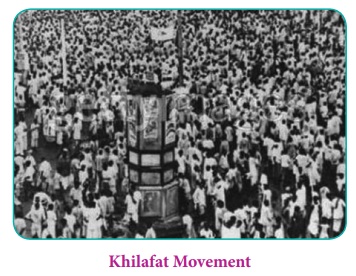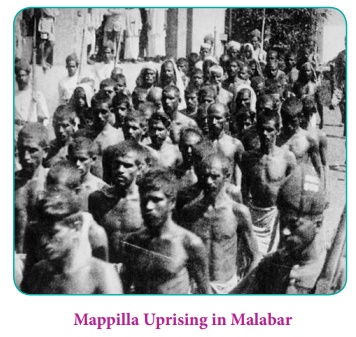History - Impact of World War I on Indian Freedom Movement | 12th History : Chapter 3 : Impact of World War I on Indian Freedom Movement
Chapter: 12th History : Chapter 3 : Impact of World War I on Indian Freedom Movement
Impact of World War I on Indian Freedom Movement
Impact of World War I on Indian Freedom Movement
Introduction
Several
events that preceded the First World War had a bearing on Indian nationalist
politics. In 1905 Japan had defeated Russia. In 1908 the Young Turks and in
1911 the Chinese nationalists, using Western methods and ideas, had overthrown
their governments. Along with the First World War these events provide the
background to Indian nationalism during 1916 and 1920.
Europe was the main theatre of the War, though
fighting took place in others parts of the world as well. The British recruited
a vast contingent of Indians to serve in Europe, Africa and West Asia. After
the War, the soldiers came back with new ideas which had an impact on the
Indian society. India had to cough up around 367 million, of which £ 229
million as direct cash and the rest through loans to offset the war expenses.
India also sent war materials to the value £ 250 million. This caused enormous
economic distress, triggering discontent amongst Indians.
The nationalist politics was in low key, since the Indian
National Congress had split into moderates and extremists, while the Muslim
league supported British interests in war. In 1916 “the extremists” led by
Tilak had gained control of Congress. This led to the rise of Home Rule
Movement in India under the leadership of Dr Annie Besant in South India and
Tilak in Western India. The Congress was reunited during the war. The strength
of Indian nationalism was increased by the agreement signed between Hindus and
Muslims, known as the Lucknow Pact, in 1916.
During the War, western revolutionary ideas were
influencing the radical nationalists and so the British tried to suppress the
national movement by passing repressive acts. Of all the repressive acts, the
most draconic was the Rowlatt Act. This act was strongly criticized by the
Indian leaders and they organised meetings to protest against the act. The
international events too had its impact on India, such as the revolution in
Russia. The defeat of Turkey in World War I and the severe terms of the Treaty
of Sevres signed thereafter undermined the position of Sultan of Turkey as
Khalifa. Out of the resentment was born the Khilafat Movement.
India and Indians had taken an active part in the
War believing that Britain would reward India's loyalty. But only disappointment
was in store. Thus the War had multiple effects on Indian society, economy and
polity. In this lesson we discuss the role played by Home Rule League, factors
leading to the signing of Lucknow Pact and its provisions, the repressive
measures of the British culminating in Jallianwala Bagh Massacre, the Khilafat
Movement and the rise of an organized labour movement.


Related Topics